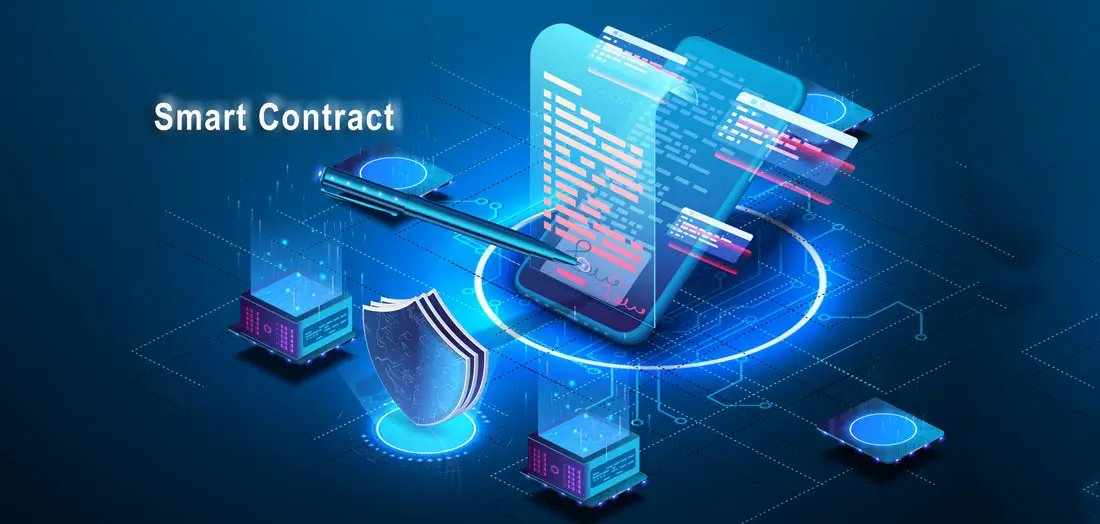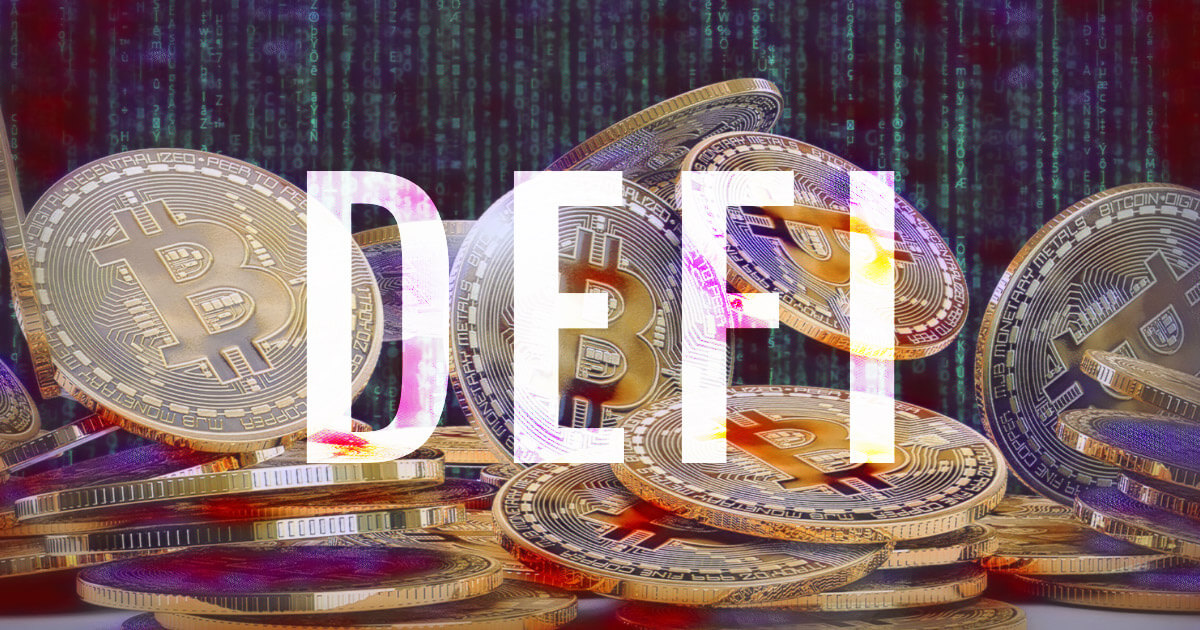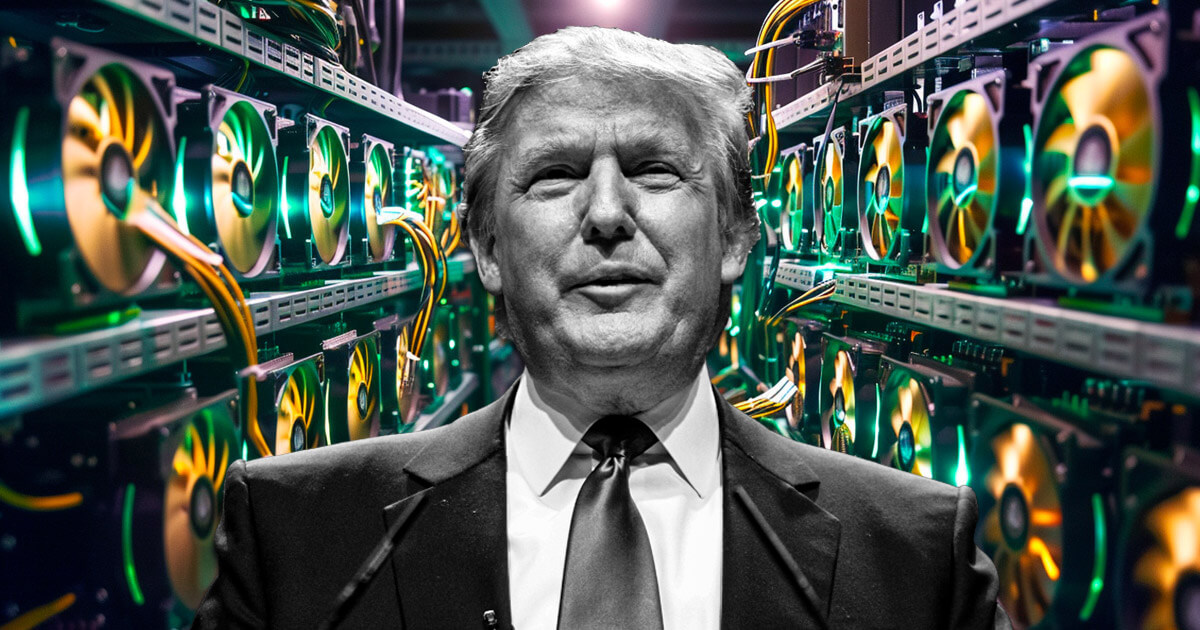As IT technologies and blockchain platforms continue to evolve, smart contracts have made a notable entrance. This article aims to delve into the world of smart contracts and their current applications.
Understanding of Smart Contracts
A smart contract acts as an autonomous digital agreement, with its terms and conditions embedded directly into its code. Running on a blockchain network enables the smart contract to execute and enforce itself automatically once its predefined conditions are fulfilled.
The beauty of smart contracts lies in their independence from intermediaries such as lawyers or banks. The rules of the contract are both transparent and immutable after its deployment. In essence, smart contracts revolutionize and secure transactions within the cryptocurrency realm, making them quicker, more streamlined, and reducing the need for third-party verification.
Historical background
The concept of smart contracts dates back to the mid-1990s when computer scientist and cryptographer Nick Szabo first proposed the idea.
He envisioned a digital protocol that could automatically execute the terms of a contract when predefined conditions were met, similar to a vending machine dispensing a snack when the correct amount of money is inserted.
But it wasn’t until blockchain technology came along, especially with the launch of Ethereum in 2015, that smart contracts took off. Ethereum’s blockchain gave developers the tools to create and run code that could handle complex agreements on its own. This breakthrough led to a wave of new decentralized apps, shaking things up by automating transactions and eliminating the need for middlemen.
Tracing the Origins of Smart Contracts
The journey of smart contracts began in the 1990s, thanks to the visionary work of computer scientist and cryptographer, Nick Szabo. He introduced the concept of smart contracts, imagining a digital protocol capable of executing contract terms automatically once certain conditions were met, akin to how a vending machine releases a snack after receiving the correct payment.
However, the practical application of smart contracts didn’t materialize until the advent of blockchain technology, particularly with the emergence of Ethereum in 2015. Ethereum’s blockchain provided the necessary tools for developers to craft and implement code capable of managing intricate agreements autonomously. This innovation sparked a surge in decentralized applications, revolutionizing the way transactions are conducted by automating them and removing intermediaries from the equation.
Exploring the Varieties of Smart Contracts
Smart contracts on the blockchain can be categorized into three distinct types, each serving unique functions and purposes:
Smart Legal Contracts
Smart legal contracts are crafted to mirror formal legal agreements, holding the involved parties legally responsible for fulfilling the contract’s terms. These contracts can cover a wide array of applications, from managing cryptocurrency-to-fiat transactions to overseeing real estate registrations.
A significant portion of smart contracts today possess a legal dimension, supporting the infrastructure of various platforms such as cryptocurrency exchanges, DeFi (Decentralized Finance) projects, GameFi (gaming finance) initiatives, and blockchain-driven ventures like NFT (Non-Fungible Token) marketplaces and real estate tokenization platforms.
Decentralized Autonomous Organizations (DAOs)
DAOs represent communities that are regulated by a predefined set of rules encoded within smart contracts. After setting these rules, DAOs rely on the contracts to enforce them, offering legal protection and setting penalties for any violations. In essence, DAO smart contracts act as the organization’s legal framework and administrative backbone.
Notable examples include governance systems for platforms like Decentraland, Uniswap, Polkadot, and MakerDAO. In these environments, governance is executed by the native token holders, who possess the ability to suggest modifications (such as fee adjustments, blockchain code amendments, or the addition/removal of parachains) and participate in voting. The DAO contracts oversee the voting mechanism and tally the results.
Application Logic Contracts (ALCs)
ALCs are designed to facilitate the interaction between a governing program and the blockchain. They are often employed to enable the integration of Internet of Things (IoT) devices with the blockchain, among other applications. ALCs serve as the operational core, managing the program’s logic and ensuring seamless execution of its functions on the blockchain.
Advantages of Smart Contracts
The integration of blockchain technology brings a plethora of benefits to individuals, businesses, and governmental bodies alike.
Transparency stands out as one of the foremost advantages. All activities on a blockchain are open for verification, ensuring that once information is recorded, it remains immutable. This level of transparency guarantees the security and integrity of smart contracts, offering reassurance for both personal and business applications.
Cost efficiency: smart contracts streamline the process of creating and executing agreements by eliminating the need for intermediaries such as lawyers, banks, or brokers. This not only saves considerable costs but also simplifies transactions, making processes more efficient.
Building trust: The automation of smart contracts minimizes human errors and enhances trust among parties. The reliability of these contracts fosters a sense of security and confidence in transactions.
Secure storage and backup: The risk of data loss is a significant concern for any entity. While traditional backups play a role in data protection, they can fall short. Blockchain technology distributes data across numerous nodes, vastly reducing the chances of data loss or tampering, provided the blockchain remains active.
Security: Smart contracts boast exceptional security, fortified by sophisticated encryption and security measures. They rank among the most secure methods for conducting transactions currently available, providing robust defense against hacking and unauthorized alterations, mirroring the security level of cryptocurrencies.
Applications and Examples of Smart Contracts in Cryptocurrency
Smart contracts play a pivotal role in the cryptocurrency ecosystem by facilitating the creation, management, and assignment of digital tokens across blockchain networks. These contracts imbue tokens with their functionalities, allowing them to fulfill diverse roles.
Key examples of smart contracts in action:
Ethereum: A foundational platform for developing decentralized applications (dapps) and a cornerstone of many Decentralized Finance (DeFi) projects. Ethereum’s smart contracts are highly versatile, capable of digitizing real-world assets and automating complex transactions. It stands as a primary venue for innovative blockchain endeavors.
Binance Smart Chain (BSC): Known for its high transaction speed and cost-efficiency, BSC is Ethereum-compatible but outshines it with lower transaction fees and enhancement.
Polkadot: Polkadot focuses on interconnecting diverse blockchains. It enables the creation of parallel, interoperable blockchains and supports smart contracts for a wide range of uses, promoting a more interconnected blockchain ecosystem.
Chainlink: Serving as a conduit between smart contracts and the external world, Chainlink leverages decentralized oracles to feed real-time data into smart contracts. This connectivity allows contracts to be more responsive and adaptable to real-world conditions.
The Horizon for Smart Contracts
The trajectory for smart contracts is overwhelmingly optimistic, teeming with possibilities and advancements. With the continuous evolution of technology, smart contracts are anticipated to become more intelligent, secure, and efficient. This progress is fueled by advancements in blockchain technology and the development of superior programming tools.
The transformative power of smart contracts is expected to extend well beyond the realms of finance and legal frameworks, making significant impacts on sectors such as supply chain management and governmental processes. The ability of smart contracts to automate and secure transactions, enforce agreements, and ensure transparency makes them a valuable asset in streamlining operations across various industries.
As we move forward, smart contracts are poised to play a pivotal role in the digital transformation of our global systems. Their potential to revolutionize how we interact with digital assets, conduct transactions, and manage data is just beginning to be realized. The future looks promising as smart contracts continue to evolve, promising a more streamlined, secure, and transparent digital world.



















